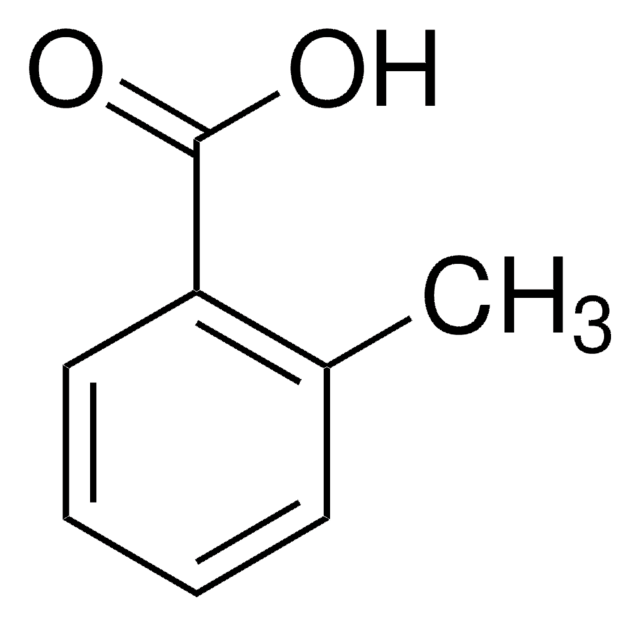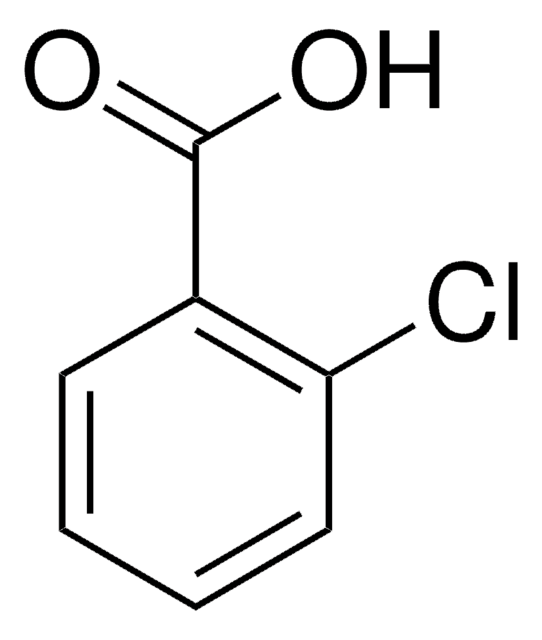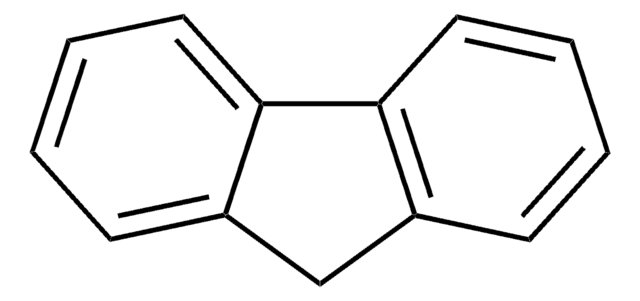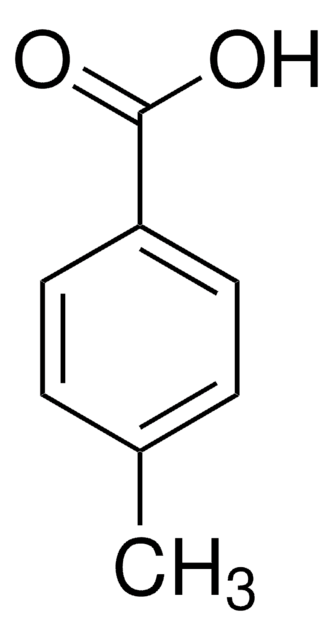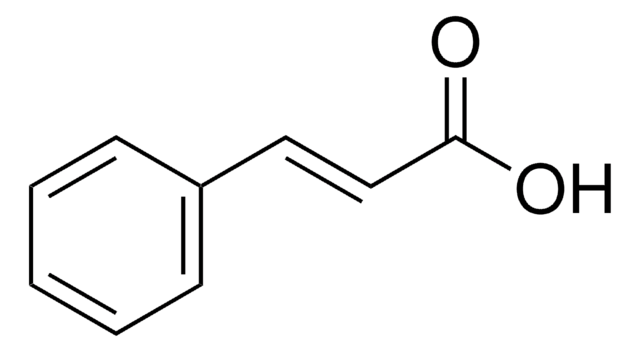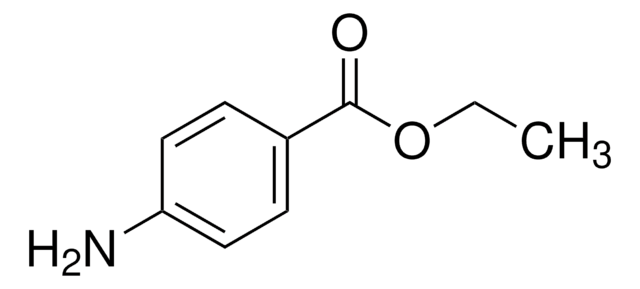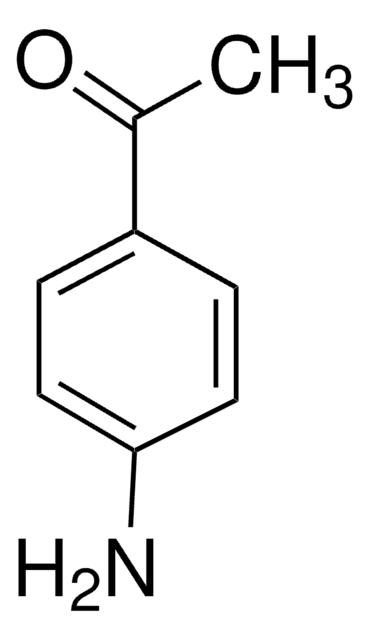T36609
m-Toluic acid
ReagentPlus®, 99%
Synonym(s):
3-Methylbenzoic acid
Sign Into View Organizational & Contract Pricing
All Photos(4)
About This Item
Linear Formula:
CH3C6H4CO2H
CAS Number:
Molecular Weight:
136.15
Beilstein:
970526
EC Number:
MDL number:
UNSPSC Code:
12352100
PubChem Substance ID:
NACRES:
NA.22
Recommended Products
Quality Level
product line
ReagentPlus®
Assay
99%
bp
263 °C (lit.)
mp
107-113 °C (lit.)
density
1.054 g/mL at 25 °C (lit.)
SMILES string
Cc1cccc(c1)C(O)=O
InChI
1S/C8H8O2/c1-6-3-2-4-7(5-6)8(9)10/h2-5H,1H3,(H,9,10)
InChI key
GPSDUZXPYCFOSQ-UHFFFAOYSA-N
Looking for similar products? Visit Product Comparison Guide
Related Categories
Legal Information
ReagentPlus is a registered trademark of Merck KGaA, Darmstadt, Germany
Not finding the right product?
Try our Product Selector Tool.
Signal Word
Warning
Hazard Statements
Precautionary Statements
Hazard Classifications
Eye Irrit. 2
Storage Class Code
11 - Combustible Solids
WGK
WGK 3
Flash Point(F)
302.0 °F
Flash Point(C)
150 °C
Personal Protective Equipment
dust mask type N95 (US), Eyeshields, Gloves
Choose from one of the most recent versions:
Already Own This Product?
Find documentation for the products that you have recently purchased in the Document Library.
Customers Also Viewed
Jun Yao et al.
Applied and environmental microbiology, 73(8), 2735-2743 (2007-02-27)
Mobile group II introns ("targetrons") can be programmed for insertion into virtually any desired DNA target with high frequency and specificity. Here, we show that targetrons expressed via an m-toluic acid-inducible promoter from a broad-host-range vector containing an RK2 minireplicon
Rafael Silva-Rocha et al.
Molecular bioSystems, 8(7), 1950-1957 (2012-05-17)
In this report, we experimentally demonstrate that improving the cis-regulatory region of a target promoter can significantly enhance the response to an otherwise poor inducer. The transcriptional factor (TF) BenR of Pseudomonas putida KT2440 is a member of the AraC/XylS
G M Stephens et al.
Journal of general microbiology, 133(7), 1891-1899 (1987-07-01)
The effect of various lipophilic weak acids on the stability of certain TOL plasmids was investigated. Benzoate induced deletion of TOL plasmid DNA in Pseudomonas putida MT15, followed by loss of the plasmid; this effect was pH- and concentration-dependent, suggesting
R J Kolenc et al.
Applied and environmental microbiology, 54(3), 638-641 (1988-03-01)
A psychrotrophic bacterium, originally isolated from a natural aquatic environment, was characterized and identified as Pseudomonas putida Q5 for use as a representative recipient for biodegradative genes from a mesophilic microorganism. The TOL plasmid pWWO of the mesophile P. putida
Minna M Jussila et al.
Environmental pollution (Barking, Essex : 1987), 139(2), 244-257 (2005-08-02)
A collection of 50 indigenous meta-toluate tolerating bacteria isolated from oil-contaminated rhizosphere of Galega orientalis on selective medium was characterized and identified by classical and molecular methods. 16S rDNA partial sequencing showed the presence of five major lineages of the
Our team of scientists has experience in all areas of research including Life Science, Material Science, Chemical Synthesis, Chromatography, Analytical and many others.
Contact Technical Service